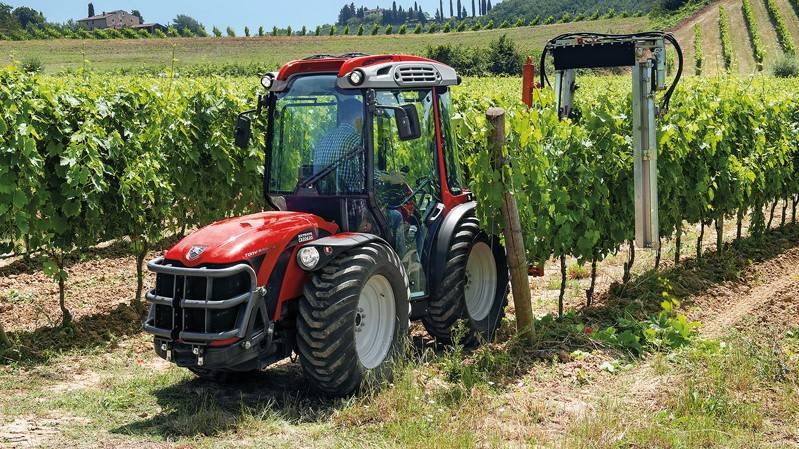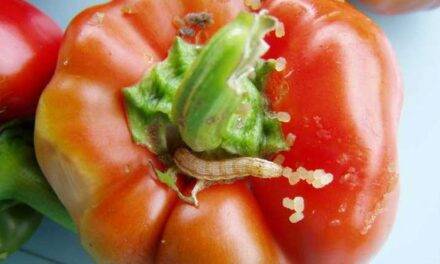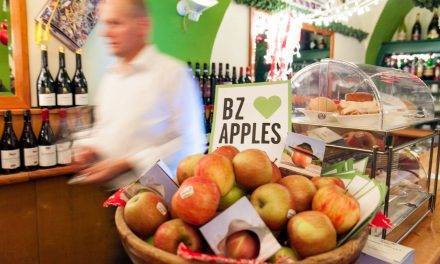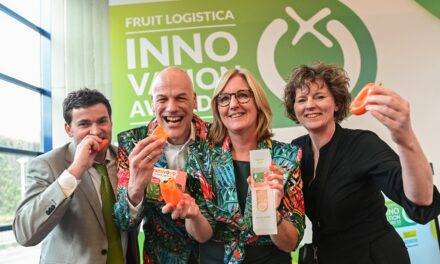
Agricultural machinery: the Italian market holds

26.10.2022 – ENGLISH
The economic downturn is reflected in the market for agricultural machinery, which is declining for all types, yet sales volumes are still good. In the nine months from January to September, 15,800 tractors were sold, a lower number than the 18,500 of the same period in 2021, but still higher than the average of the last four years. Manufacturer President Alessandro Malavolti points out the difficulties of the current economic situation and hopes for a relaunch of the incentive system.
Delays in the supply chain, rising production costs and the resulting increase in list prices are holding back the agricultural machinery market, which is nevertheless maintaining good sales levels. Registration statistics – processed by FederUnacoma on the basis of data provided by the Ministry of Transport – indicate a 14.4% drop for tractors in the first nine months of the year compared to the same period last year, which was characterised by record growth in registrations.
In terms of units, the number of tractors sold in the nine months amounted to 15,800, which is lower than the 18,500 sold in the first nine months of 2021, but still higher than the average of the last few years of around 14,000 units.
A 14% drop was recorded for combine harvesters, against 308 registered units, while loader bed tractors lost 21.5% to 390 machines. The drop was more moderate for trailers (-9.5% against 6,700 machines), while telescopic handlers, while registering a significant drop compared to 2021 (-25%), nevertheless recorded a number of units sold of 866, well above the average of recent years.
The current trend confirms the forecasts already formulated by FederUnacoma during the annual general meeting last June, when it was pointed out that demand for agricultural machinery was particularly high in our country, but with the risk that the crisis in raw materials, difficulties in logistics and the increase in the energy bill could affect production rates and reduce the competitiveness of the sector in the second half of the year. It is difficult to predict the balance at the end of the year, as the economic results remain dependent on developments in the Russian-Ukrainian conflict and inflationary dynamics, which will also lead to an increase in the selling price of machinery, moreover to the advantage of those produced in emerging countries, which are not affected by the energy crisis and are therefore ready to position themselves on the markets with very aggressive pricing policies.
“Italian agriculture needs high-level technologies,” FederUnacoma president Alessandro Malavolti recalled, “and must be supported in its investments for the purchase of innovative machinery”. “An important aid for this purpose are the public incentives for the purchase of new-generation equipment,” concluded Malavolti, “and the hope of the entire agro-mechanical chain is that the current aid system will be extended and strengthened, in order to keep the sector dynamic even in such a difficult economic situation.




















